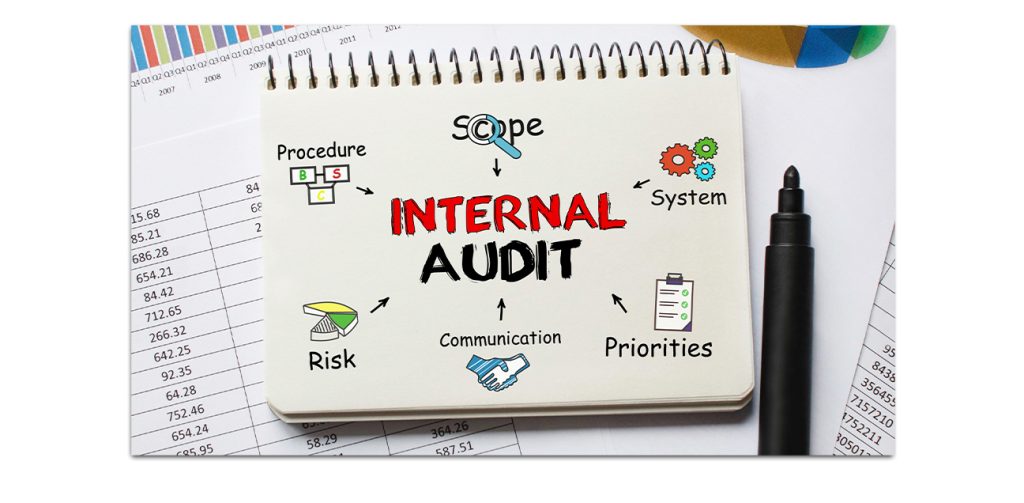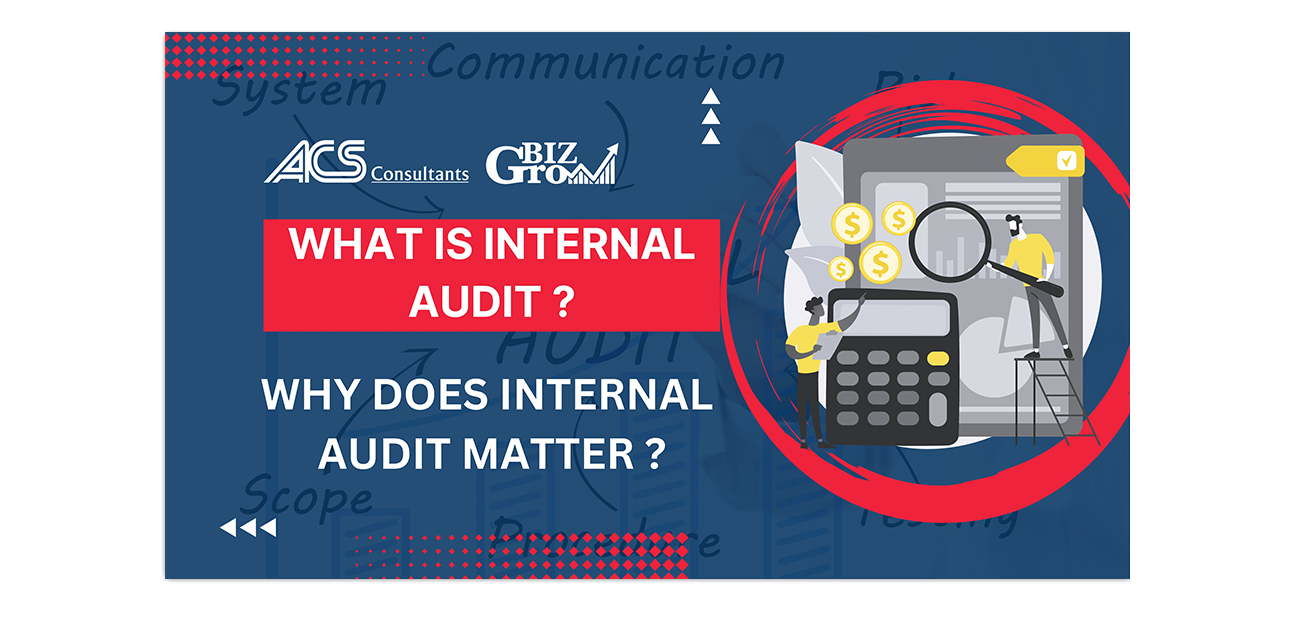Introduction
Internal audit is an independent, objective assurance and consulting activity designed to add value and improve an organisation’s operations. It helps an organisation accomplish its objectives by evaluating and improving the effectiveness of risk management, control, and governance processes.
Internal audit serves as an essential function within an organisation, ensuring that it operates efficiently, manages risks effectively, complies with laws and regulations, and continuously seeks ways to improve. It provides valuable insights and recommendations to support informed decision-making by management and governance bodies.
Internal audit matters because it deals with issues that are crucial to the organisations it serves. Through its work, it assists organisational leaders in effectively managing their operations on behalf of stakeholders. In government organisations, these stakeholders often include the public at large.
What Do Internal Auditors Actually Do?
Internal auditors play a vital role in helping organisations achieve success. To clarify this, let’s break it down:
Setting Objectives: Organisations need clear objectives, and they must also manage potential risks that could impact their ability to meet those objectives. Every organisation, like individuals, constantly faces risks—events that, if they occur, can affect their goals.
Providing Assurance: Internal auditors provide assurance by examining the systems and processes designed to help organisations manage risks and meet their objectives. They assess how well these systems are functioning and provide feedback on how they can be improved.
Offering Consultation: Internal auditors also offer consultancy services, assisting organisations in enhancing their systems and processes. This may involve providing advice, facilitating discussions, or offering training. However, they do not perform the work themselves to maintain their independence, especially if later asked to provide assurance on it.

What Does It Take to Be an Auditor?
Aside from a sense of humor, auditors require curiosity. As the famous entertainer George Formby once quipped, it’s an intriguing job for a “nosey parker.” Curiosity is essential because auditors must uncover what’s truly happening before forming an opinion.
Auditors need strong investigative skills to gather evidence that forms the basis for their assessments. They observe, listen, and ask questions. Then, they apply analytical skills to make sense of the gathered evidence, looking for patterns, trends, and inconsistencies. Conclusions rarely come easily, as issues are often complex.
Auditors must also be resilient, as they need to stand by their judgments and advocate for what’s right. They must see the bigger picture and understand what truly matters. Early in their careers, auditors engage with top-level executives about the organisation’s most significant concerns, making the ability to cut through trivialities invaluable.
While auditors are recognised for their affinity for numbers and data, there’s no one-size-fits-all template for an auditor. Auditors come from diverse backgrounds and possess a mix of skills and knowledge, making diversity a strength in the field.
In conclusion, internal audit is a critical function within organisations, providing assurance, guidance, and valuable insights to help organisations succeed and effectively manage risks.
ACS Consultants is a reputable consultancy firm that specialises in assisting other businesses in obtaining various certifications such as ISO9001:2015, SIA-ACS, BS7858, SafeContractor, Internal Audit Services and more. ACS Consultants have a skilled team of experienced Internal Auditors who are up-to-date with the latest trends and best practices in their fields. ACS Consultants work closely with organisations to create tailored solutions that align with each organisation’s unique needs and requirements.
Let our experts coordinate you through the process!



